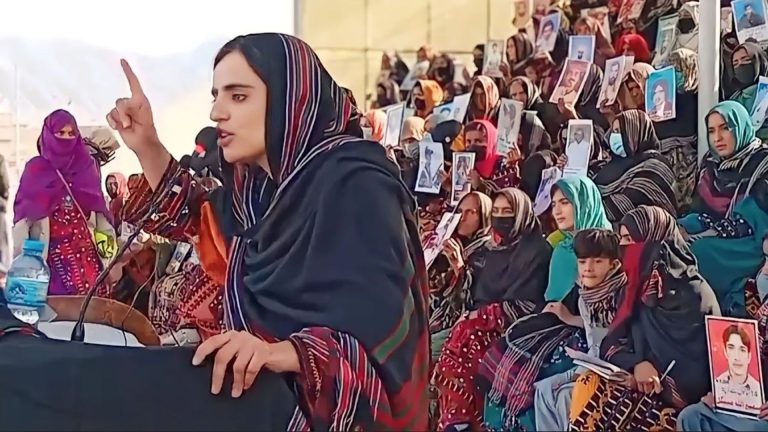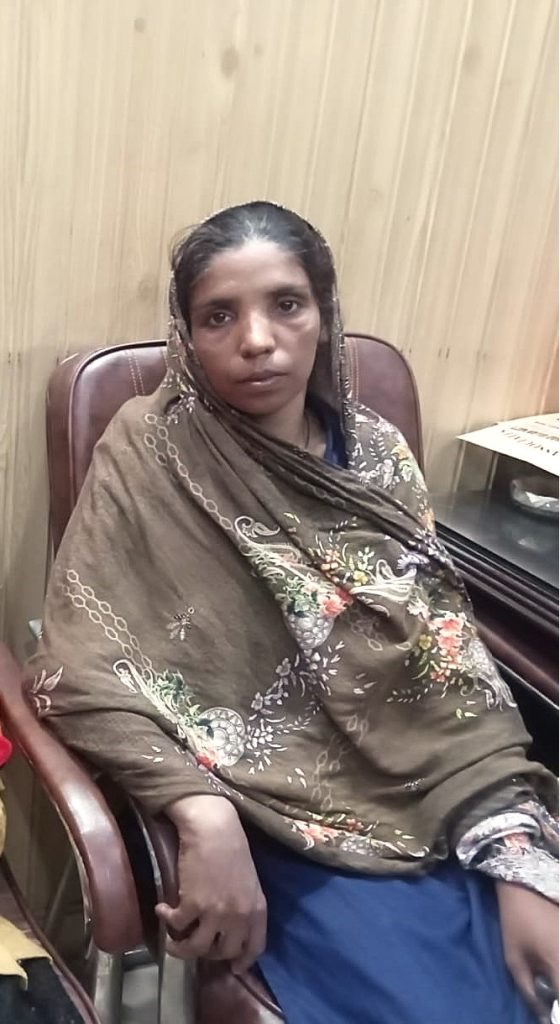The Chilmishdas area of Pakistan-occupied Gilgit-Baltistan (PoGB) is grappling with a severe flood-like situation, exposing significant neglect by occupied-authorities towards essential infrastructure issues. A seasonal river in the region is threatening to inundate local electricity supply lines critical for Gilgit City.
Despite the looming flood threat, the local administration is only now attempting emergency repairs and adjustments. Residents have voiced frustration, noting that the crisis could have been mitigated if the occupied-administration had constructed a gabion wall, a project approved in 2022 but left incomplete.
A local activist expressed frustration, saying, “We repeatedly urged the administration to address this issue before the monsoon. Our concerns were ignored.”
Flood Emergency
Local politician Ilyas Siddiqui criticized the administration’s failure to act promptly. “This is not the first instance of such negligence. In 2022, we experienced a similar flood situation. Former Chief Minister Khalid Khurshid temporarily sanctioned a 1000-foot gabion wall, but its extension was never completed. Now, as floods approach, the administration is scrambling with temporary fixes. If the tower in the river collapses, it could disrupt Gilgit City’s electricity for at least a month, and the administration will be held accountable.”
A similar flood-like situation was reported in the outskirts of Skardu and Shigar districts of PoGB, where local authorities also failed to provide adequate rescue or relief, leading to significant damage to private property and homes.
Floods pose a severe threat in these areas, where the local population largely relies on agriculture for their livelihoods. Recent floods have not only destroyed homes but also severely damaged road infrastructure, which was already in poor condition.










